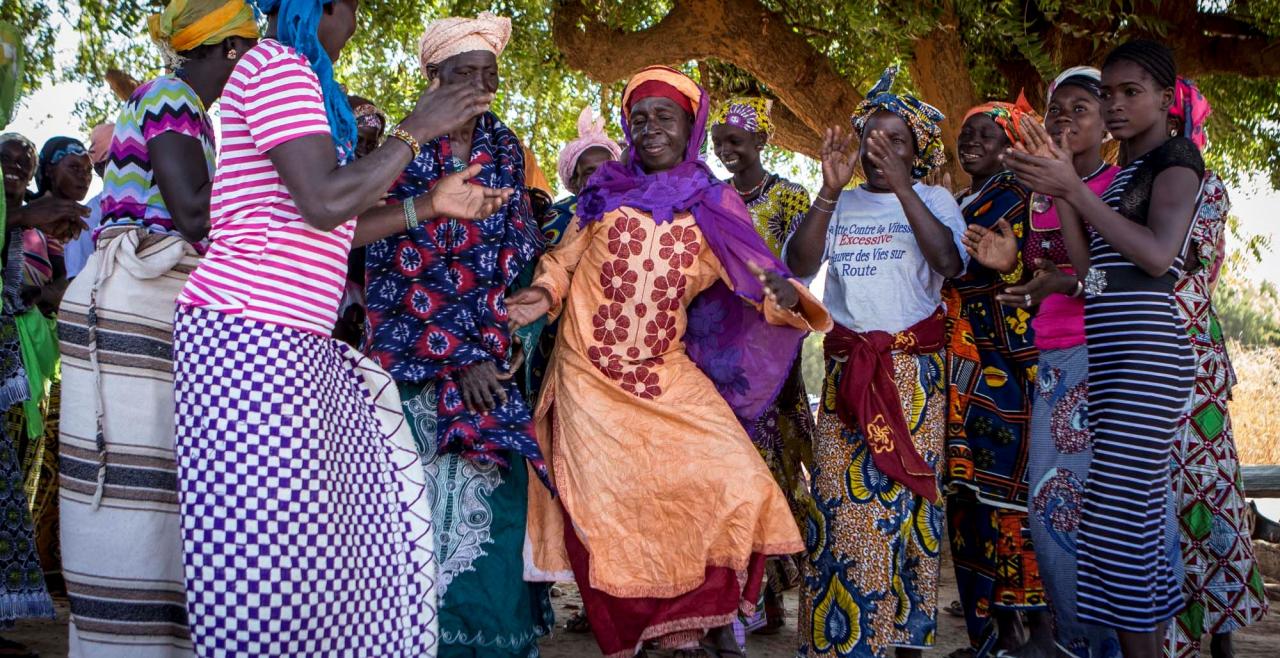Programmes take shape in Mali and Niger

BAMAKO/NIAMEY – Elders, religious leaders and young people are acting to prevent gender-based violence and harmful practices in their communities, as Spotlight Initiative activities begin in Mali and Niger.
Under the leadership of national governments and with support from United Nations Resident Coordinator Offices, women’s groups, civil society organizations and development partners have begun implementing activities to prevent violence against women and girls, end harmful practices and deliver life-saving supplies in Mali and Niger.
Late last year, the European Union and the United Nations approved €260 million in funding to eliminate violence against women and girls in 13 African and Latin American countries. Before the funds were fully allocated, Spotlight Initiative country teams began early interventions focused on community outreach to plant the seeds for collaborative and inclusive national programmes.
In Mali, a group of national stakeholders including local leaders, women’s associations and youth groups shared information on preventing female genital mutilation — a practice that involves altering or injuring the female genitalia for non-medical reasons. It is estimated that about 4 million or 90 per cent of women and girls aged 15-49 in Mali have undergone some form of female genital mutilation.
“Female genital mutilation is not a problem for just one individual but for the whole community,” said the Mayor of Konodimini, a rural commune close to the Niger River. “We are asking everyone to get involved to end female genital mutilation.”
The early funds have also equipped medical centres with new life-saving supplies and supported community outreach activities on local radio and on social media.
In Niger, five awareness-raising caravans with traditional and religious leaders traveled around the country to raise awareness of violence against women, girls education and family planning. The Initiative also funded the distribution of obstetric fistula repair kits to regional health centres and purchased new equipment to facilitate in situ examinations of obstetric fistula cases.
"We tell our people to accept and change their behaviour for the benefit of the whole community,” said Barma Mamane Rabiou, the Zinder region Secretary-General for the Association des chefs traditionnels du Niger (ACTN). “As traditional leaders, we care for the well-being of all our community members. That is why we are asking everyone to accept change."
